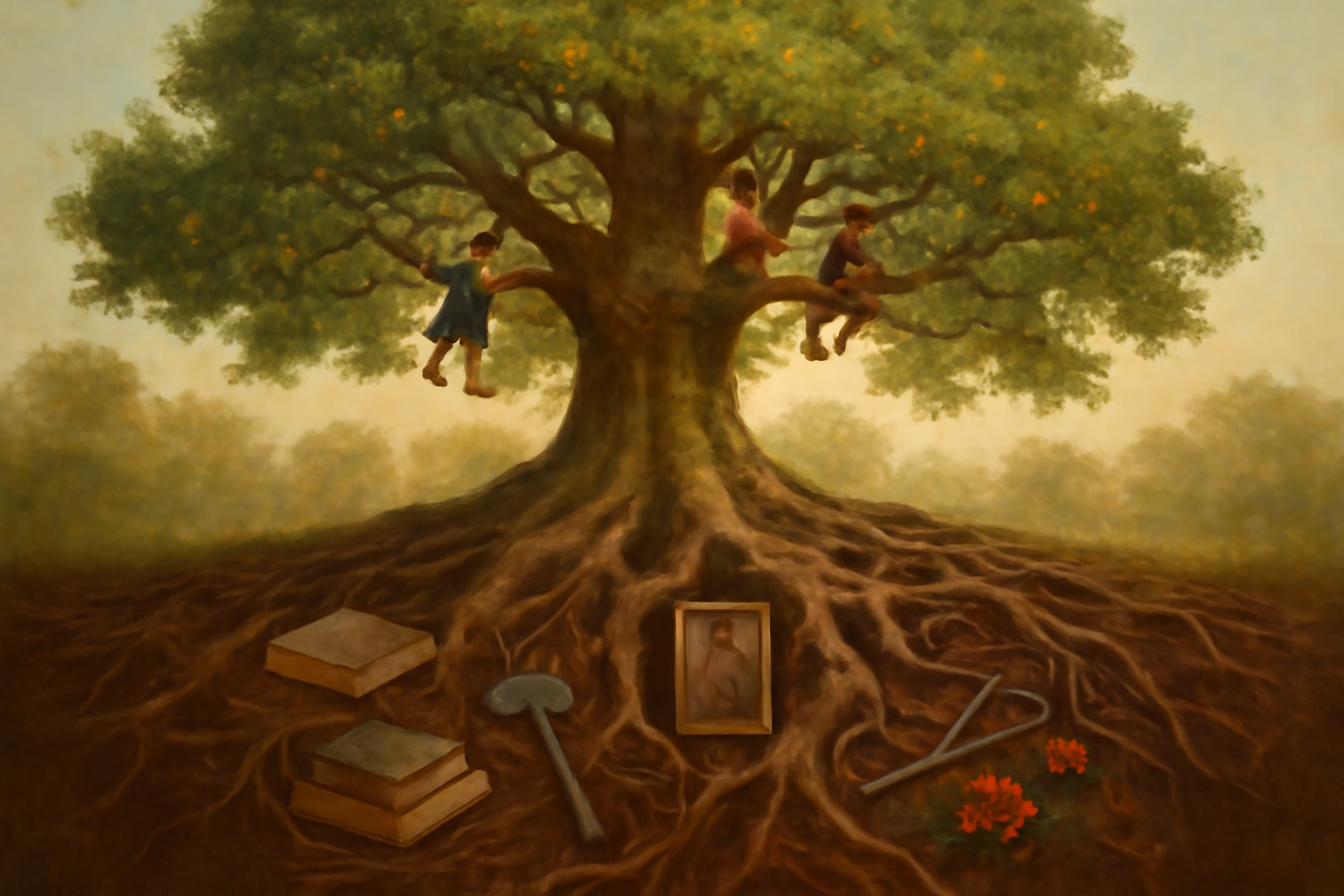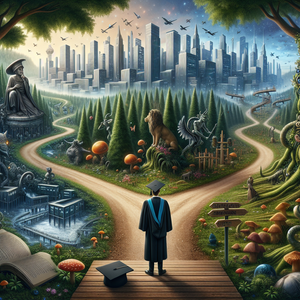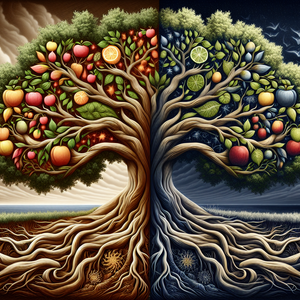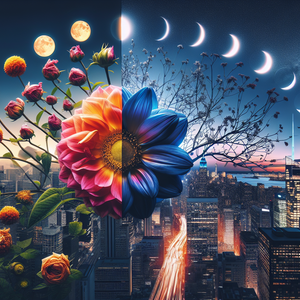Sleep Stories from Forgotten Cultures: Reviving Global Folklore for Modern Slumber

Bedtime stories have long been revered rituals, nurturing bonds between parents and children and shaping young imaginations. However, much of the Western world’s familiarity with bedtime tales is limited to a narrow repertoire: the Brothers Grimm, Aesop’s fables, or perhaps a beloved children’s novel. This limited canon overlooks the vast, vibrant landscape of folklore that exists in every corner of the globe. Today, sleep podcasts are unearthing these buried treasures, bringing to listeners the myths, legends, and tales of cultures seldom heard in mainstream media. For instance, the popular podcast “Sleepy Time Stories” recently introduced its audience to the enchanting world of the Ainu people from northern Japan, featuring stories of talking animals and shape-shifting spirits. Similarly, “Dreamscapes” adapted a haunting Sámi lullaby from Scandinavia, enhanced by traditional joik singing and the subtle sounds of Arctic winds. These podcasts are making it possible for listeners in London, New York, or Sydney to fall asleep to the sounds and stories of Mongolia’s steppes, the Nigerian savannah, or the forests of the Andes.
Unique Storytelling Styles and Soundscapes
What makes these sleep stories truly distinctive is not only their unfamiliar plots and characters, but also the unique storytelling traditions they convey. Unlike many Western tales, which typically follow a linear arc of conflict and resolution, Indigenous and non-Western narratives often unfold in cyclical, open-ended, or symbolic patterns. Sleep podcast producers embrace these differences, allowing stories to meander or repeat in a way that soothes the mind and eases the listener into a restful state. Sound design enhances the authenticity and immersive power of these stories. Instead of relying on generic piano melodies or white noise, producers incorporate genuine cultural soundscapes: the resonant tones of a Mongolian horsehead fiddle, the rhythmic click of West African talking drums, or the gentle crackle of a Maori fire. These audio elements do more than relax the listener; they create a sensory bridge to distant lands and times, enriching the bedtime experience with a taste of the world’s diversity.
Why Forgotten Folklore Resonates Today
The appeal of these sleep stories extends far beyond novelty. Psychologists and cultural researchers note that exposure to diverse narratives can foster empathy, curiosity, and a deeper appreciation for cultures different from our own—even in the drowsy moments before sleep. For those disconnected from their ancestral roots, hearing a story in their heritage language or tradition can be profoundly comforting and grounding. In an era of globalization and cultural homogenization, where local traditions often face the threat of extinction, sleep podcasts offer a subtle but powerful form of preservation. By adapting and sharing these folktales, creators are not merely entertaining or relaxing their listeners—they are helping to keep endangered traditions alive and relevant for new generations. This aligns with the core mission of many sleep-promoting podcasts, which seek to enhance quality sleep through scientifically designed content, while also offering something emotionally and culturally enriching.
Challenges and Responsibilities
With the growing popularity of adapting “forgotten” folklore comes a responsibility to treat source material with respect and care. Producers must collaborate with cultural authorities, storytellers, and linguists to ensure authenticity and avoid perpetuating stereotypes. Proper credit and, where appropriate, compensation must be given to originating communities. Podcasts like “Tales from the Earth” set an example by working directly with Indigenous narrators and translators, empowering them to share their stories in their own voices. This approach not only adds credibility and depth to the narratives, but also honors the cultures from which they originate and allows them to shape how their traditions are represented to a global audience.
Sleep podcasts are rapidly evolving from simple sleep aids to profound tools of cultural connection. By weaving the rich tapestry of global folklore into the fabric of modern bedtime routines, these creators are inviting listeners to dream across borders and generations. Each night, as stories from faraway lands lull us to sleep, we discover comfort in the universal language of narrative, and in the process, help preserve the world’s storytelling heritage for the future. As this trend continues to grow, it promises not only deeper, more restful sleep, but also a more connected, empathetic, and culturally rich world—one story at a time.
Folklore Content Curator for Audio Platforms
Spotify, Audible, Calm, Night Vale Presents
Responsibilities
Research and source authentic folktales and oral traditions from underrepresented cultures for adaptation into audio content.
Collaborate with cultural experts, translators, and community storytellers to ensure accuracy and respectful representation.
Develop story outlines and curate background materials for writers and narrators.
Required Skills
Background in anthropology, ethnomusicology, or comparative literature.
Experience working with diverse cultural groups and sensitive content.
Fluency in at least one non-Western language is a strong asset.
Audio Story Producer (Global Folklore Focus)
Wondery, Gimlet Media, Realm, independent podcast collectives
Responsibilities
Oversee the creative process for producing immersive sleep stories, including scripting, directing narrators, and integrating authentic soundscapes.
Manage rights, permissions, and contracts with cultural contributors.
Ensure final audio adheres to both technical standards and cultural sensitivities.
Required Skills
Proficiency with audio editing software (e.g., Pro Tools, Audition).
Experience in narrative podcast or radio production, especially with multicultural content.
Strong project management and cross-cultural communication abilities.
Indigenous Language Story Translator & Consultant
Language preservation NGOs, podcast studios, cultural heritage organizations (Endangered Language Alliance, First Nations Media)
Responsibilities
Translate folktales from Indigenous or endangered languages into English (or other target languages) while preserving cultural nuance and narrative style.
Advise on pronunciation, context, and appropriate adaptation for audio audiences.
Serve as a liaison between content creators and Indigenous communities.
Required Skills
Advanced proficiency in at least one Indigenous or endangered language.
Background in translation studies, linguistics, or cultural preservation.
Deep understanding of storytelling traditions and ethical cultural representation.
Sound Designer Specializing in Cultural Audio Landscapes
Podcast networks, meditation/sleep app companies (Calm, Headspace), documentary film studios
Responsibilities
Record, source, and integrate authentic environmental and musical sounds unique to specific regions or cultures into audio stories.
Collaborate with ethnomusicologists and local artists to ensure accurate representation of traditional instruments and soundscapes.
Innovate immersive audio experiences that enhance storytelling and listener relaxation.
Required Skills
Expertise in field recording, sound editing, and mixing for 3D/spatial audio.
Familiarity with world music traditions and ecoacoustics.
Creative approach to sound design and sensitivity to cultural context.
Cultural Heritage Podcast Outreach & Partnerships Manager
Public radio networks, international NGOs, podcast platforms, museums, and cultural advocacy groups
Responsibilities
Build relationships with cultural institutions, Indigenous organizations, and artists to co-create and promote authentic folklore content.
Develop partnership agreements that ensure fair compensation and representation for source communities.
Lead education and awareness campaigns around cultural preservation through digital storytelling.
Required Skills
Experience in nonprofit or media partnerships, with a focus on cultural or educational initiatives.
Knowledge of intellectual property rights, cultural consent, and ethical storytelling practices.
Strong networking, negotiation, and cross-cultural communication skills.


